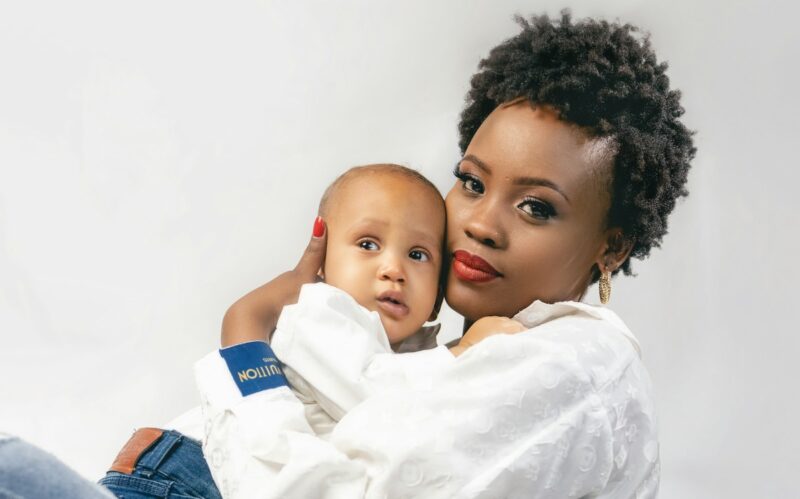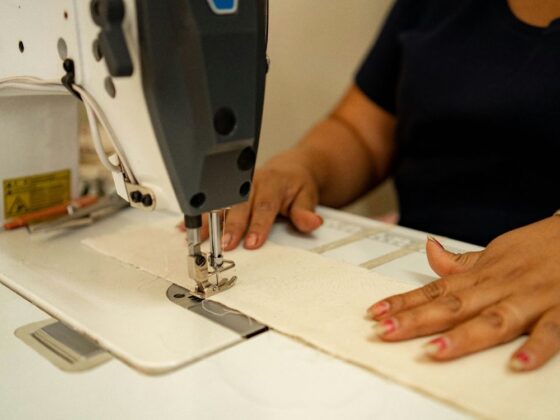As a new parent, you can never be too careful when ensuring your baby’s safety. Kids will always be kids. No one was born a good parent; they all learn it on the job, and you can too with our infant safety tips.
Sudden infant death syndrome, an unusual and unidentified cause, occurs when a healthy infant under one suddenly dies. More than 80% of SIDs have been reported to occur in infants less than six months old. The cause is related to a lot of conditions, but it is not confirmed scientifically. Ensuring your infant’s comfort is our only bet.
Therefore, this article will focus on infants’ safety and provide practical protection tips for every new parent—get ready to learn.
6 Infant Safety & Protection Tips for Every New Parent
1. Creating a Safe Nursery
As new parents, you want to ensure that your baby’s nursery meets safety standards. You can ensure the crib meets current safety standards by using a firm mattress. Also, try not to use hard bedding, pillows, and toys, as it will put the baby’s health at risk and also cause discomfort making your baby unable to sleep. While it might seem counterintuitive, a firm sleep surface is safer and more comfortable for your infant.
2. Understanding Your Baby’s Immune System
Your baby’s immune system is still developing, making them more vulnerable to infections. Take extra precautions, such as frequent handwashing, especially before handling your baby or preparing their food.
3. Prioritizing Hygiene
Hygiene is a vital aspect of infant safety. Infants are more susceptible to catching diseases, so a protective tip for every new parent is to disinfect every surface properly. To help minimize the spread of germs, Make sure you regularly disinfect. Protects your baby from potential illnesses by cleaning tables, toys, and any surfaces your baby will come into contact with.
4. The Importance of Vaccinations
Keep your child vaccinated. Vaccination is an important factor in preventing many serious infections. Follow the recommended vaccination schedule. Seek your pediatrician for tips on how to safely protect yourself against diseases.
5. Maintaining a Comfortable Room Temperature
Babies are different from adults and can be more sensitive to temperature changes. Maintain a comfortable room temperature, typically between 68°F and 72°F (20 °C and 22°C). Help prevent your baby from overheating or getting too cold by doing a room temperature check. A bonus, it will ensure they sleep comfortably and safely.
6. Car Seat Safety
For car travels, get an infant safety seat. Your baby’s car seat should be appropriate for his or her height and weight, and installed correctly. Each one comes with a manufacturer’s instruction that you can follow. Proper car seat usage is essential for protecting your baby during car rides.
Conclusion
As your baby grows, do you want to ensure that your house is baby-proof? What does ‘big proof’ mean? It means electrical outlets are covered, with loose cords hidden or tied as they should be, while furniture edges are covered and sturdy to prevent tripping. As new parents, you are doing great. We hope these tips for everyday infant safety provide the protection your little one needs.
Share thoughts in the comments
Image Credit: Bave Pictures on Unsplash











